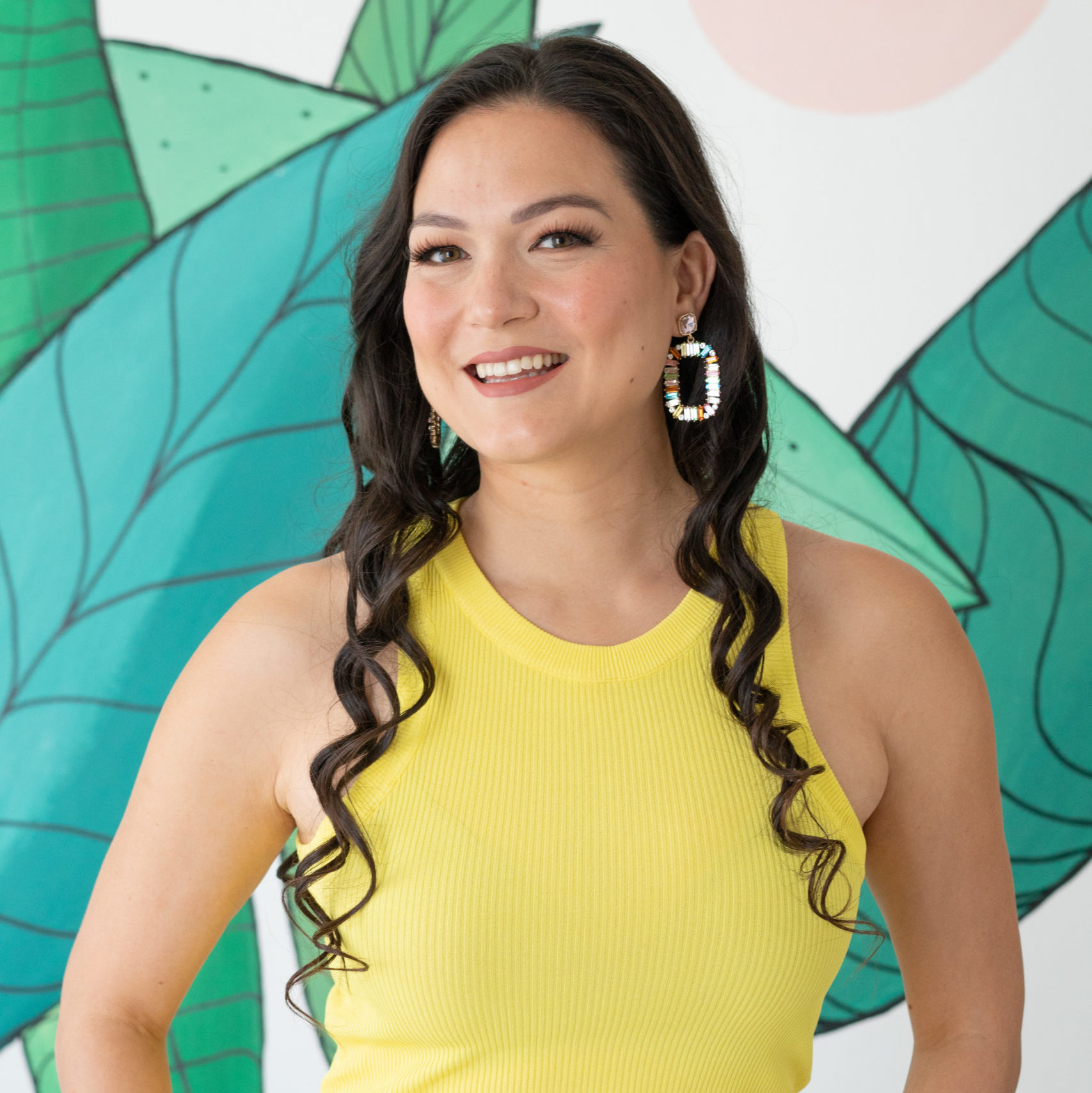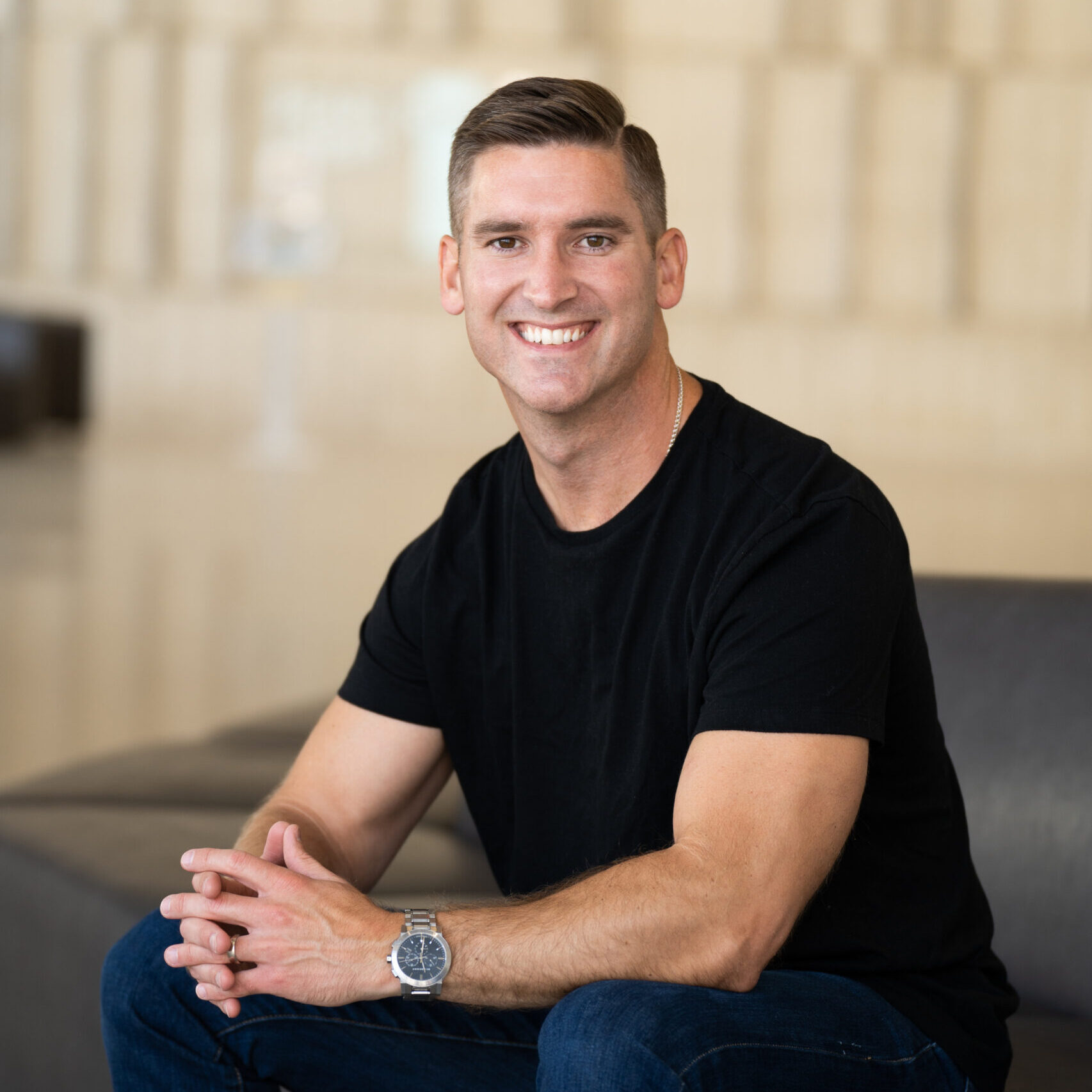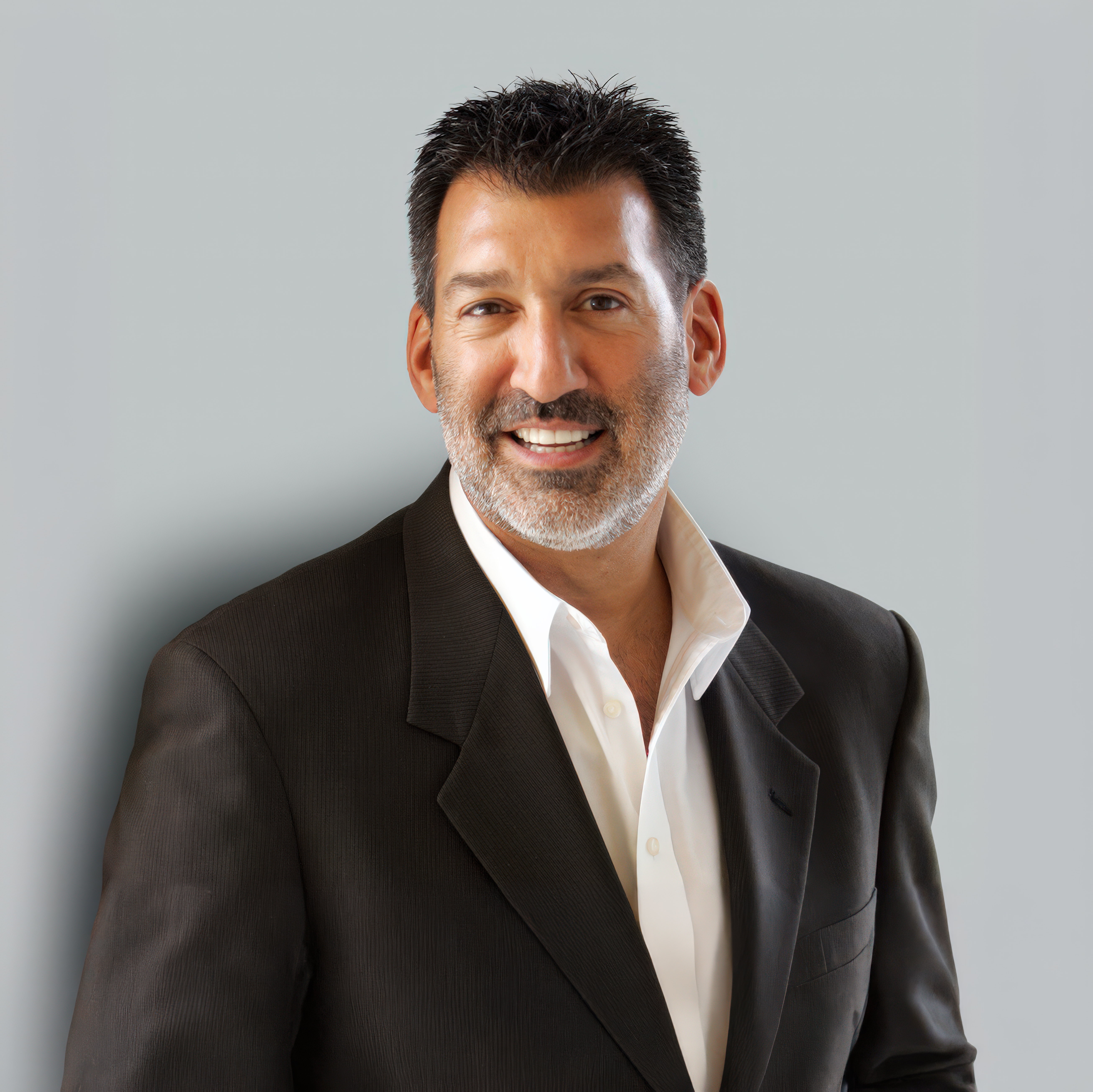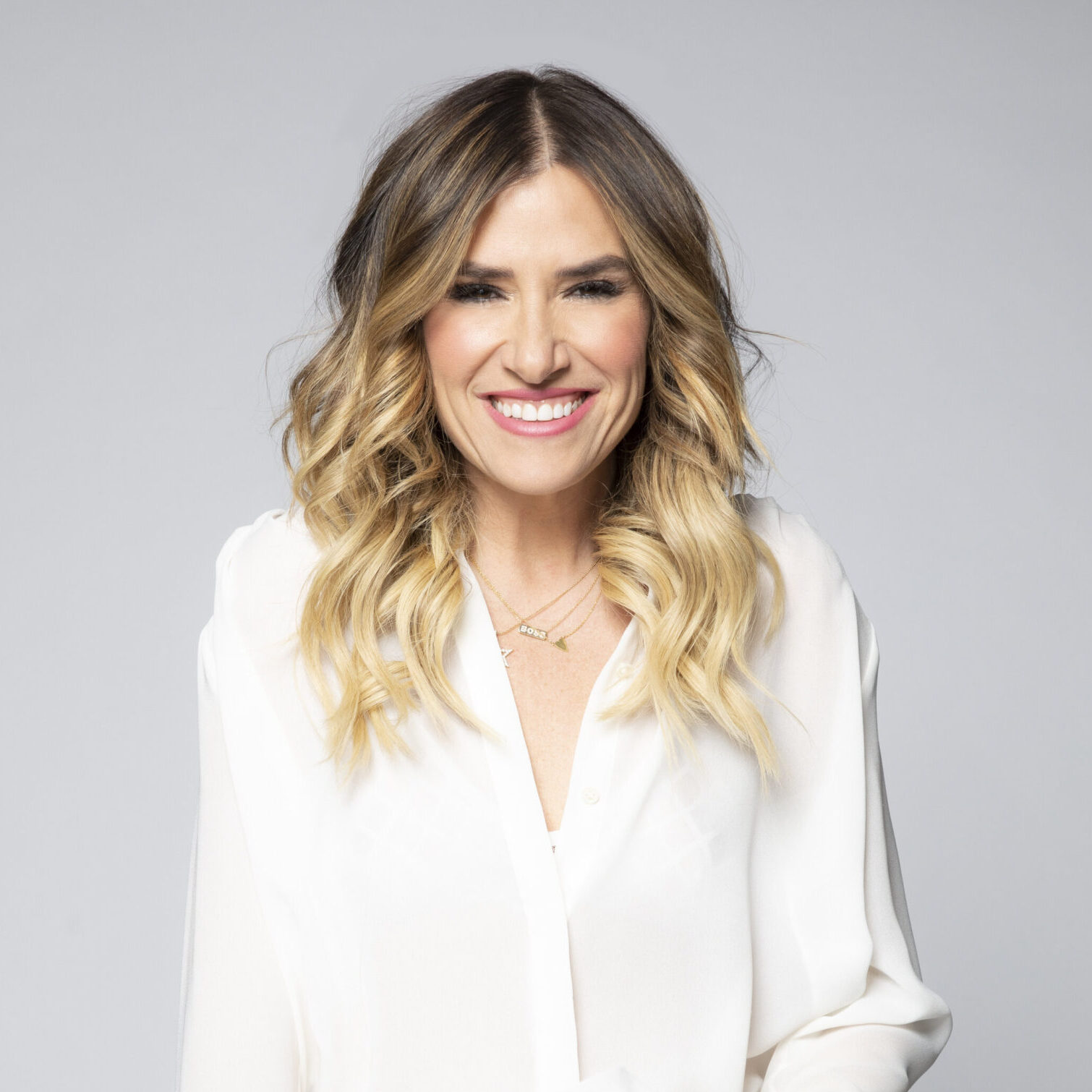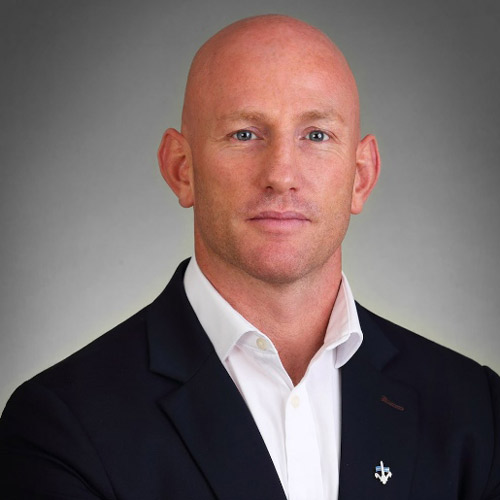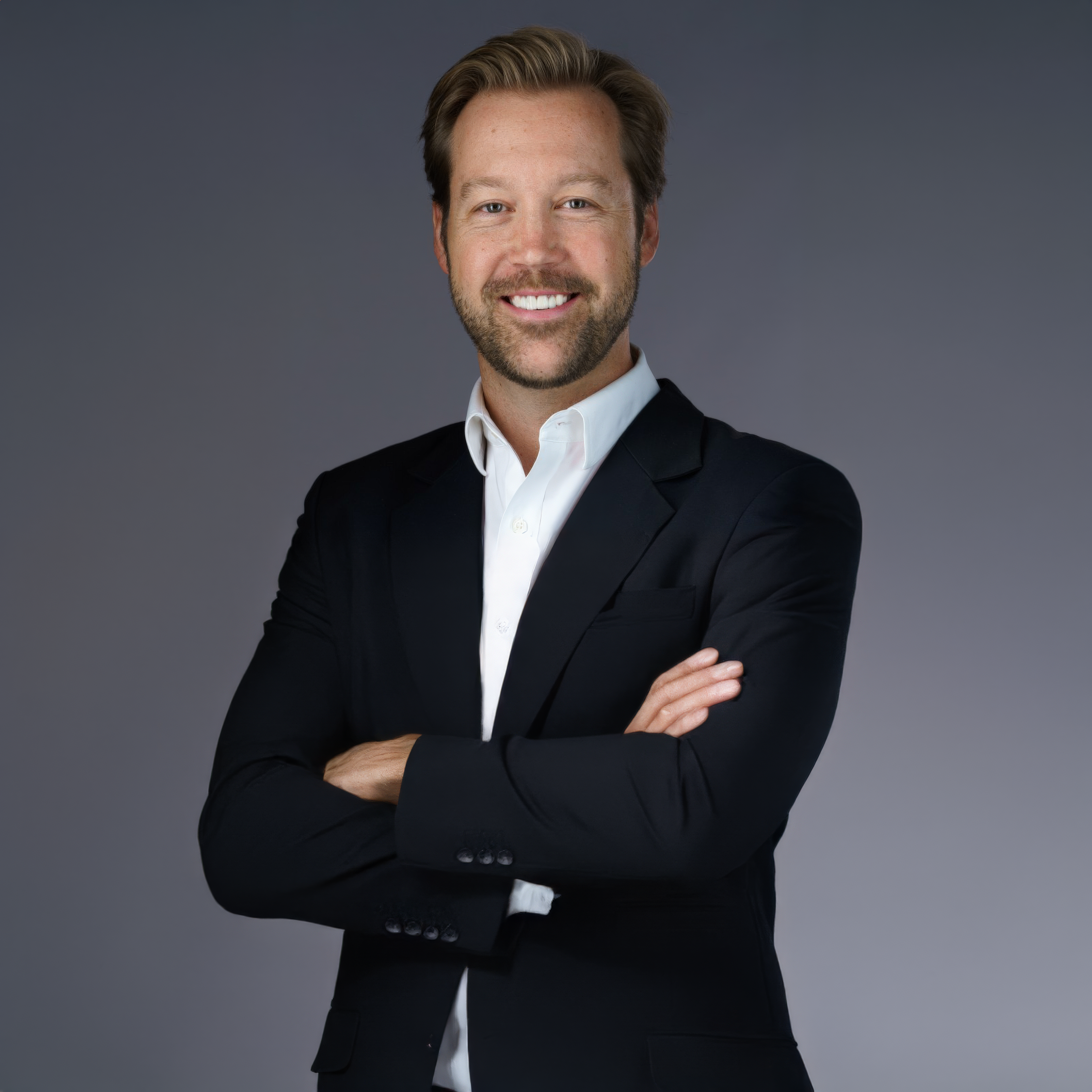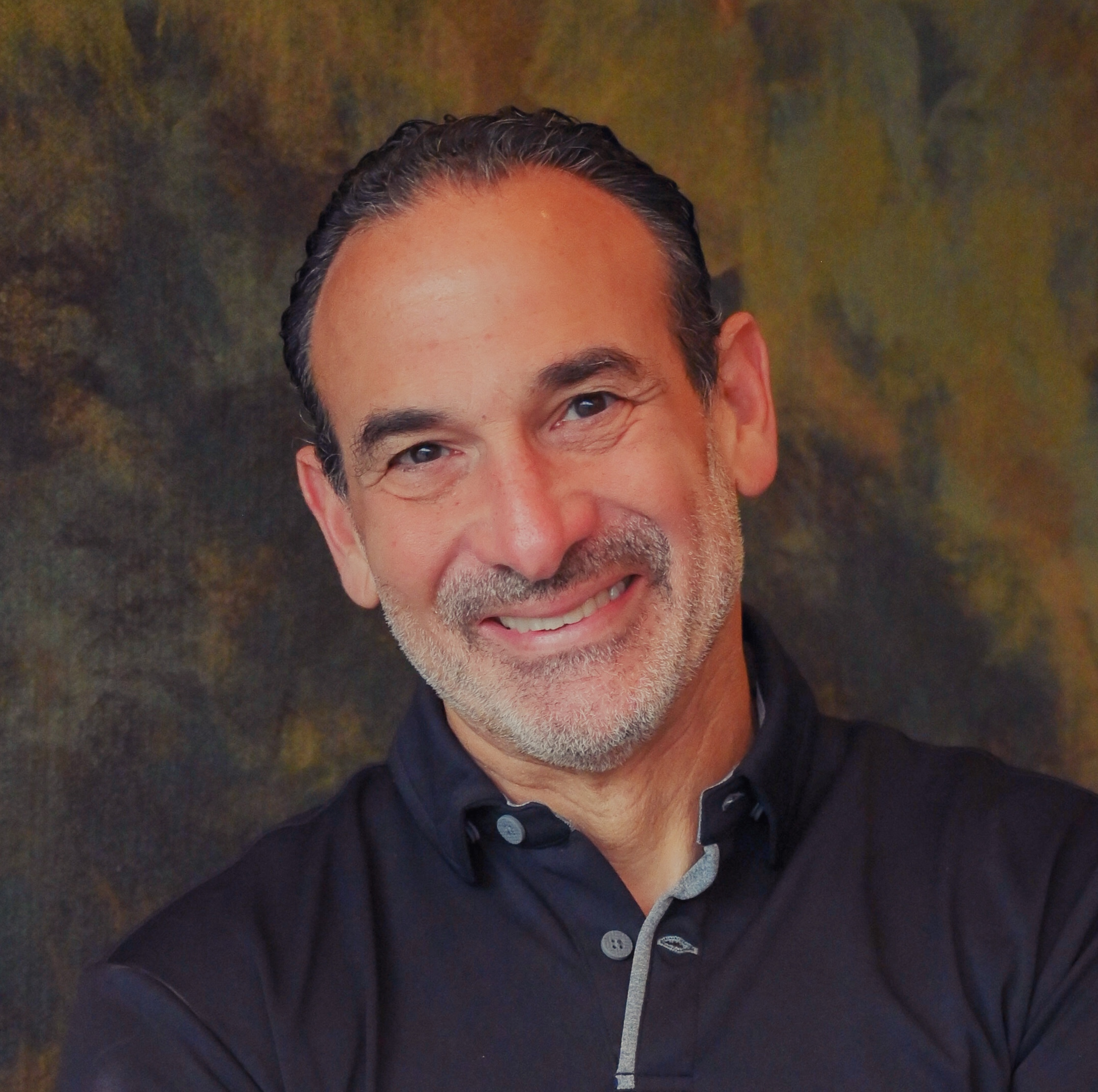RV (00:02):
If you’ve hung around here for any length of time, you know, that the way that we define personal branding is simply the digitization of reputation. And one of the ways that I vet podcast guests, that we’re gonna bring on to introduce you to is through their reputation. It’s what do I hear about somebody from other people? And that is why you are about to meet Selena Soo. Selena is friends with lots of people that we know, Julie Solomon and Susie Moore, and just like I’ve heard her name for years, Celine Da Costa, who we’ve had on this show, who I really love and adore. And I think she’s brilliant. She actually was the one who finally connected us directly to Selena and Selena is an expert in publicity, you know, visibility and just helping people get seen and, and have more reach.
RV (00:57):
So she, for I think 18 years lived in New York, she had a publicity agency. She’s helped people get featured in Oprah and Forbes and Inc. And she works with lots of you know, experts and entrepreneurs, very similar obviously to our core audience. But specifically in the area of publicity. And so publicity is one of the things that we sort of lightly touch on, but we usually farm out that work to vendor partners. And so she’s a total, a total pro and I was like, we gotta get her on the show so that we can, we can get a chance to meet her. So Selena, welcome to the influential personal brand podcast.
SS (01:34):
Thank you, Rory. I’m so thrilled to be here.
RV (01:37):
So yeah. So let’s talk about publicity and let’s start with the easy ones. How do you get on good morning America?
SS (01:46):
you’re hilarious. But yeah, no, that, that’s a good question from the standpoint of like a lot of people are asking the wrong questions when they get started with publicity, you know, they’re saying, you know, I wanna get on good morning, America. I wanna get on Oprah’s couch. And I think it’s really important to start with getting clear on what is the right publicity strategy for me. So I think that we could begin with that. And so, you know, the number one thing that you need to be clear on are, what are your goals with publicity and connected to that? What is your business model? You know, if you are someone that is selling a $20 book, that’s very different than someone who is selling a $10,000 coaching program. So there’s, you know, different kinds of media that makes sense for your particular business model, but I’ll just briefly explain a framework that I developed called the publicity pyramid because,
RV (02:33):
Oh, we love frameworks. We love frameworks. Yes.
SS (02:36):
OK, great. So, you know, imagine a pyramid, a triangle at the bottom of the pyramid that is your home base, that is your online presence, right? That’s your personal brand. Cause the first thing that people are gonna do when they hear about you, whether it’s Oprah’s producers or someone else is Google you, and if they Google you and nothing shows up, then they’re not gonna
SS (02:54):
Like exactly. Right. So even just having like a solid website, a social media presence with content like that is step one, right? To really like be present online. And then step two is guest posting. Cause that’s a natural extension from writing content on social media or your blog or your newsletter. So now you’re sharing that same content, but on third party website so that other people can see you. And the great thing about guest posting is oftentimes you can include a link back to your website, right? So that’s good for SEO. It can be good for list building. You know, if you can link up to a lead magnet and there are some amazing places like Forbes, mind, body green that are built on this model of guest posting thrive global, right? All these different places. So that would be the second layer of the publicity pyramid. And then the
RV (03:42):
Third before you, so before you go onto the third one, which as I do wanna hear this, but I will say like, you know, we’ve been on Fox, we’ve been on good morning, America, we’ve been on Fox and friends. We’ve been on, you know, several local. I will say I would rather have a online article with a link to my site than I would be on good morning, America. Like the power of an article that people can read. I mean, being on good morning, America and stuff helps a bunch with credibility, but it’s mostly, it’s kind of like you drive for show and you put for dough and golf. Like most of the national TV is like the publicity perception. Yeah. But when it comes to driving traffic and sales and leads, man, I love a link. I wanna a link
SS (04:31):
Yeah. I’m still on the same page. And that’s, you know, how I started, like following this publicity pyramid framework where, you know, I had my website and you know, my social media, but then I was writing articles and writing guest posts, including writing guest posts for influencers who yeah. You know, mail the guest posts, like to their email list. And that’s how I got, you know, my first gosh, like maybe 2000 subscribers through that strategy. Wow. Yeah. So guest posts,
RV (04:57):
Your first 2000 email, like in your database came from just putting articles on other people’s sites.
SS (05:05):
Exactly. Yeah. So that was my, you know, starting point for really like getting my name out there to the public. And then from there, the next level is podcast interviews and video interviews or guest teaching would also fall into this category. You know, when you’re getting started as an expert, you wanna start with, you know, sharing your ideas through it in content, and eventually then you’re gonna have these back and forth conversations with people. Now, this is really where I hang out on the publicity pyramid because, you know, even though podcasts or doing guest teaching, it can be more niche, but these are people that are raising their hands saying, yes, I wanna be in the room. Or I wanna be listening to this conversation and learning 30 minutes or an hour. Those are the same kinds of people that buy online courses and coaching programs. So that’s really, you know, where I primarily hang out and maybe, you know, a certain podcast might not have the brand name recognition of as Forbes, but again, not all publicity is created equal and it’s not just about the branding. It’s about are my ideal clients who are right for my offers hanging out there.
RV (06:05):
Totally. Yeah. I mean that, I think this is a great example. Like you’re, you, you likely would get more clients from this podcast than probably from a national TV thing because it’s like, you know, there’s a random smattering of people listening, but you know, I, well, something you just said, I’ve never really thought about, which I love is when someone listens to a podcast mm-hmm, , it’s like they’ve already opted in because they already saw who the guest is. They read a little blurb and so based on the host and then like, okay, this guest looks interesting. It’s almost like a first level opt in that they’re choosing to be there. I like that. I’ve never heard anyone say that before. That’s good.
SS (06:47):
Yeah.
RV (06:48):
All right. So is there a step four?
SS (06:50):
Yeah, there’s four. There’s the next level? There’s four and five. Okay. So now we’re moving up, the publicity here, we’re getting more mainstream, so that’s gonna be magazines and, you know, magazines are powerful because people read magazines on the plane at the beach or the dentists office. Like you’re literally getting in front of millions of people. That being said with magazines, typically when you’re being mentioned in a magazine or featured, it’s usually, you know, your expertise, a quote versus like a fully written piece by you. Yeah. So you’re reaching millions, but it’s you know, less in depth. Right. And then with TV, which is at the top of the publicity pyramid, because it tends to be harder to get on TV than to get a podcast interview. That being said, as we move up, we’re reaching more people. But it can be less in depth. Like for example, a lot of TV interviews are just three or four minutes long. Yeah. So it’s kinda really
RV (07:41):
Powerful, even if you’re Tony Robbins like Tony, even if you’re Tony Robbins, you get you Dave Ramsey, you get four minutes and you’re out.
SS (07:48):
Exactly. Yeah. So, I mean, it’s a huge credibility builder to say you’re on good morning, America or CNN. And all of that. And it can be, you know, powerful if you’re spreading your message to the masses with like a mass product, whether it’s a book, an iPhone app or some kind of physical product. So it really depends on, you know, is your message one really for the mainstream mainstream masses, or are you going for a more niche audience? And then also like considering where do you really shine? You know, for some people they really wanna stick to the written word and that’s really where their magic comes out for other people like videos where it’s at. So but I would say in terms of like the law of least effort, the most natural path, it would be building out some basic online presence then going into guest posting then podcasting. And then if you want to moving your way up to magazines and TV.
RV (08:38):
Yeah. It’s interesting. You know, just that whole, this whole conversation that you just went through, which I love the publicity pyramid is what you call it Uhhuh. So, so great. Such a simple framework is so powerful is, you know, people go, oh, magazines and TV is so sexy, but like you’re gonna get way more business from podcasts and guest posting mm-hmm because it’s just, there’s that link click or that you direct drive. At least we have like that that’s been, that’s been our experience. So let’s can, can we talk about TV for a second, cuz that one is, I think people are super curious about it. Yeah. You know, I’m always amazed because you know, like when it comes to podcasts, I, I, I tend to see, and you tell me if you think differently, but I tend to see that, like when you see a big a guest on a podcast, you can almost predict it, cuz it’s like, oh, this person has a bunch of followers.
RV (09:34):
They’re super credible, you know? Or they’re like, you know, some world renowned person in, in, in their field. Yeah. You know, or they’re like famous for, for whatever. And in TV a lot of times it’s like, oh yeah, of course they’re gonna have Brad pit or whoever on there for something. But when it comes to featuring books, I’m often surprised that if you’re a mainstream person, it’s not an automatic laydown they might not have Gary Vayner Chuck on just because it’s Gary Vayner, Chuck, sometimes they do. But a lot of times they have newer authors on or people that I, that you haven’t heard of. In other words, it’s, it feels more random in terms of the, in terms of the selection. It’s not like, oh, this person checks every single box. And so they get invited on this huge show. It’s a little bit of that, but I, you know, a lot of times they they’ll, they’ll grab people that are like newer. I mean, I got on Fox and friends as a first time author. Like the week after my first book came out was my first national TV appearance. And I was like, well, that’s random. Like what are they doing with, what are they doing with me? So like, how do, is there anything you can speak to until like, how do you get those spots? Do, is there anything they are looking for or not looking for? Like for TV specifically?
SS (10:48):
Yeah. I mean, I would say, you know, you wanna differentiate between local news and national news because for local TV they have a responsibility to share the stories and ideas of local experts. So, you know, if you’re an author, you know, think about, well, what cities am I connected to? Where was I born? Where did I go to college? Where have I worked? Where am I living
RV (11:09):
Now? Oh, that’s good.
SS (11:10):
Right. So I would identify all those places and really start with those markets. Because if you can mention your local connection, then you’re kind of at the top of the priority list. So that’s, you know, that’s important. And I would say that before you go on national TV, I mean, that’s incredible that, you know, you were on these national shows, but I also think a big part of it is that you done an amazing job of building your personal brand, that they, they probably had confidence that, you know, you were good on video, but I will say for national TV, they’re gonna wanna see that someone has ideally been on local TV first. Because you know, just cuz someone’s good at the podcast interview doesn’t mean that they’re gonna be good at TV. They’re gonna consider like, you know, do they have a great setup with lighting?
SS (11:52):
Can they, they speak in soundbites because some people, yeah, they can talk on a 30 minute or one hour podcast interview, but can you speak succinctly in a four minute interview? So there’s a lot more at stake and it’s not like with podcast interviews where they’re gonna be editing it later, like you kind of gotta get it right at the first shop. So I will say for like the big leagues, like the big national outlets they’re definitely doing the research in terms of what that person’s personal brand is. Have they done TV before? Are they confident? Do they, you know, smile? Are they presentable? So I would say the first stop is really, you know, to start with local news. And then once you have those TV clips, then when you’re sending in your pitch, you wanna share that so they can see, you know, you have that experience.
RV (12:34):
That’s so good. And, and that, that is, that is so true. Selena that like, you know, I love podcasts. I feel so super at home on podcast. TV goes so fast, it’s it? It four minutes blows by and it’s like, you don’t have time for a setup. There’s no time for backstory. It’s like, you just gotta deliver sound bites. They gotta be tight and sharp. It’s, it’s a different, it’s a different, it’s a different skillset. And, and being on local TV is, is, is, is huge. I love that tip about too, you know, what’s your connection to local. And I would, I would, I would tell somebody, listening, you know, you think you wanna be on good morning America right now, but you actually don’t, you, you don’t want to be on there until you’re ready for it, which is until you’ve had some, you’ve had some reps at local TV, you have the sound bites and like your website is ready for it. And you’re like prepared to like receive that traffic and capture. But yeah, TV is a TV is a is a, is a different beast.
SS (13:38):
And the other thing that I will say is with TV, like they’re really looking to capture people’s interests, you know, with visuals, right. Cause you’re watching TV. So, you know, if you have good role of you, you know, I don’t know, working with clients or if you have like live exercise that the TV audience can do, like those are gonna be things that are interesting if you’re just a talking head like, and it’s just, you know, all they’re seeing is someone talking for four minutes straight. It’s not as interesting. So just know that when the producers are thinking about, well, I have a person on their show, they’re gonna think about not just what are the words are gonna kind of the person’s mouth, but is there something that the person that can share that can capture visual interest or is there activity that would be engaging to the audience?
RV (14:21):
Gosh, that’s so simple, but that’s, that makes so, so much sense. So when you make a pitch, would you include notes about like B roll that you would show or like a, if there’s a visual or something?
SS (14:33):
Yeah. So if you were say a love coach and you were pitching you know, you could talk about, you know, that you have clients that could come onto the show or you have like B role of you working with clients and so forth, or maybe there’s like an activity for someone to do to attract, you know, their soulmate. And maybe you would write out like what the activity activity would look like. Like maybe they need to have a journal that they did. They, they journal in 30 days and you would like mention all these different props so that the segment would look very dynamic where there’d be the talking head, but there would also be props and activities involved.
RV (15:06):
Yeah. That, and that’s why you see probably all the time you see like chefs on there, cuz it’s very visual. Cause they can cut and show the food and like show, show all the stuff. So it’s almost like you, when you’re pitching for TV, what I hear you saying is it’s like, you’re not even just pitching like the content of what you’re gonna say. Yeah. But almost like you’re pitching, think of it as pitching a segment to them of like how this could fold out visually and that makes it an easier. Yes.
SS (15:34):
Yeah, exactly. I mean, you know, TV producers are so busy and, you know, think about like with a podcast, there’ll be a certain number of episodes that are released, you know, per month, but TV, I mean it’s kind of 24 7, right. It’s every day. So they constantly need new content. They need to keep it interesting. So if you, as an expert can pitch yourself or as a publicist pitch, you and you’re kind of like mapping out what this segment could look like. You’re presenting something on a silver platter and making it easier for them to say yes. So when there’s so many options, of course we’re gonna say yes to the person who makes our job easy for us.
RV (16:08):
Mm-Hmm yeah. That’s great. That’s really great. So you mentioned earlier, which I think is really, is really keen about what are your goals? Like if you’re trying to sell a book versus you’re trying to generate coaching clients or clients for your practice. Right. So we have a lot of like professional service people who tend to listen to this financial advisors and like, you know, people like that. Or if you’re just trying to generate awareness for your company, you’re the CEO. And you’re like, I’m not trying to do direct marketing with a conversion. Yeah. I just want impressions and awareness. Yeah. So how does that map, or, or how do those business objectives map to your publicity pyramid or like, are there certain ones that are better fits for others or like talk about that.
SS (16:56):
That’s such a great question. So I think it’s important to get clear on with your expert topics. Are they niche or are they mainstream? So when I’m speaking of expert topics, it’s like the things that you wanna be known for. And I know a lot of entrepreneurs can be multi passionate at the end of the day. You wanna hone in on a few key things. So for example, at one point I had a business mastermind and people in the mastermind would ask me questions about scaling their business and you know, if they should hire a senior project manager, well, if I started getting bored of my regular expert topic and just wanted a podcast talking about how to grow your team, well then people are gonna circle back and be like, oh, I wanna work with you to grow my team. But like my mastermind is something that maybe is only four 20 people.
SS (17:39):
Whereas with my programs, let’s say I have 500 people you know, in a particular group program. Right. So my primary group program has been a program called impacting millions and that’s about publicity. So if my intention was, I wanna get people enrolled to my publicity program, then what I’m talking about in the media should match my offerings. Right? So looking at your own business, what’s the 80 20, what does the majority of revenue come from? Which offering will, you know, based on that offering, that should be what your expert topic is. And so when you look at your expert topic, is it mainstream or niche? So for publicity, I would consider that to be a niche topic. For me, a mainstream topic is something that applies to most people. For example, if I was to talk about being an introvert, well, you know, half of the population are introverts like approximately.
SS (18:27):
So that would be mainstream. Or if I were talking about networking or relationship building that applies to everyone, whether you’re a student at college or you have, you know, professional job or you’re an entrepreneur, whereas publicity typically, you know, it applies to entrepreneurs who are building their personal brands. So that’s a bit more niche. So knowing that with my offerings, I’m looking for a niche audience, not just kind of anybody I’m gonna target more niche media. So it might not have the same reach, but it’s gonna help me get in front of the right people. So those are the things I consider. But then there’s also, you know, there is a role for just personal brand building in terms of media. You know, there are certain brand names that are very recognizable, like Forbes and business insider. And so, you know, being featured in those outlets can also be really powerful whether or not your ideal client has actually read the article that you’re featured in.
SS (19:23):
But if they just see those media logos on, you know, your site, they see you as a credible expert. And the other thing that you can do with your email list is when you get your media features, you know, put them in front of them, you can add them to your email nurture sequence. You know, you can add those, you know, media logos and trust symbols next to you know, places where people opt in or, you know, make purchasing decisions. So I think that when it comes to publicity, it’s sort of multifaceted. I would say primarily you wanna get in front of people who are your ideal clients, but there is also something to be said about prestige media as well.
RV (19:58):
Yeah, that, I mean, I, I love that. And I agree with that so much. The I have found that most of the major national stuff, the real, the primarily the only real value of the media appearance is how you repurpose the appearance, basically putting it on your website. Also those of you that are speakers, you know, in your demo videos, or even if you’re a coach and you’re not a speaker, you could still have like a little, you know, little bio video. And I’m just pulling up, I’m pulling up a data point on this just for everybody. So one of the things that we did Selena was we led this trends in personal branding, national research study. And we we partnered with this PhD led research firm. And we asked, you know, all these different questions, but one of the questions was how important are each of the following when it comes to paying someone more for a product or service.
RV (20:58):
So I just wanna put a data point here behind something that Sina is saying. So, and we asked you have a, a Ted talk, a New York times bestselling book, a wall street journal, bestselling book a social media file. I’ll go ahead and show this on the screen for those of you that are watch watching this on YouTube. So I had to, I had to pull it up quick. So page 60 of our, of our report which is free, y’all know that you can, you can download this at on brand builders, group.com. But the number one thing that clients say they’re willing to pay more money for is when they see testimonials from their, from their customers. The second is that they’re paid to consult or speak, but the fourth. So this is a list of like 20 things, the fourth, and this is waited to the us census.
RV (21:49):
52% of Americans say they are more likely to pay more money to, to buy a product or service from someone who has been featured in the media as an expert. So that is an actual data point that is supporting what Selena is saying. And of course, we’ve, we’ve talked about this study in other times. And usually the point we make is actually the average pub person in the public doesn’t care that much about a New York times bestselling book or a wall street journal or a viral, you know, Ted talk, they care about testimonials and they care about, are you being paid to speak or, or consult. And then the fourth is that they care are that you’re appearing in the media. 52% of Americans say, they’ll pay you more money just because you have those logos on your site. So like Selena, that is amazing. Like, what do you call it? Prestige? Is that what you called it? Prestige. Pre
SS (22:45):
Prestige. Yeah. Yeah. Mm-Hmm
RV (22:48):
I love that. So prestige PR, so that’s really, really cool. And so the mainstream stuff too, is like, you know, so it’s like money, sex, careers relationships, like, you know, self
SS (23:03):
Productivity, success,
RV (23:04):
Productivity. Yeah. Those mm-hmm . But, but even I found like even personal branding, a lot of it, you know, we’ve gotten a lot of success from more like niche, niche stuff and not, not, not main, it’s not super mainstream for entrepreneurs. So let’s talk about entrepreneurs for a second. Okay. So clearly if you have a course, you know, you’re trying to sell a membership site, a book if you’re trying to get yourself out there as a speaker, a consultant. Okay. Media makes sense. I get it. What if I’m an entrepreneur or even an executive at a company how, or when, or why does, does, does the media really apply? And, and is there, is there a way you would use media differently if you had that object? Like if I’m an expert and I go, I’m trying to sell more of my widget. Great. Yeah. I wanna go on media and drive traffic and sell my, my widget. But if I’m an entrepreneur or I’m an executive company, would you modify that at all? Or how does that work?
SS (24:08):
I think it’s the same thing. Like having media, it builds your credibility as a go to expert, as you said, people are willing to pay you more, but also people are more interested inviting you to come in to be a speaker at their event. You know, there’s just more trust or more likely to take the meeting. Right? One of the first things that anyone does, you know, before they respond to someone or say yes to a request is they do a quick Google search on them. And when they land on their website, if they see media logos, it’s like, okay, this person is the real deal. And it just also shows that like, you’re taking your work seriously. If someone is just like quietly, you know, doing their work, but they’re not out there sharing their ideas. They’re not building that body of work. They’re not really seen as the real deal. So I would say that media is the ultimate credibility marker. It’s something that every person understands. Whereas if you’re like, oh, I had a webinar with, you know, a thousand people on people don’t really know what that means, but they understand what it means to be featured in a top, you know, magazine, newspaper, podcast, and so forth.
RV (25:07):
Yeah. Yeah. It is. It’s definitely this like universal credibility indicator. I, I I know we’re wrapping up one thing I wanna do how do you find these people? Okay. So, so let’s say, I mean, of course you could hire a publicist and then when you hire a publicist, you’re sort of treading off of that. They already have contact information and relationships with people, and that’s really what you’re paying for. You know, when you, I, I feel like when you hire a publicist, you’re paying for someone who has the contact information readily available and who has relationships to make that for you? They don’t, none of them guarantee results. Yeah. And and they get varying results partly based on their relationship, but largely based on your position in the marketplace. But if you’re gonna do it yourself and, and we’ve, we’ve actually had a lot of people be very successful doing it themselves. I, it how, how do you find the outlets? Like how do you find the people? I mean, do you basically just go to Google or like there anything specific you’re typing in to like find the right person to pitch to?
SS (26:13):
Yeah. I think the first step is figuring out what are the right media outlets for me. So I can share like a couple of very quick strategies that I think will help people a lot. So one of my favorite techniques is called the follow, the leader technique. That’s something that I created. Yeah. So getting clear on, okay, what’s my expert topic. So let’s say someone’s expert topic was, you know, public speaking then they wanna think about who are some other leaders either in their industry or connected to them, right. So they might be looking at well, who else is teaching on visibility? Maybe it’s a publicity expert. Maybe it’s a public speaking coach. Maybe it’s someone that specializes in getting people Ted talks, right. And then doing a Google search on them and seeing what kind of media they’ve been featured in, you know, maybe going to their website and seeing if their media page or even going to specialize search engine.
SS (27:05):
So there’s a search engine called listen, notes.com.com it’s for podcasts. And so if you type in someone’s name into that search engine, within moments, all the podcasts that they’ve been featured on are gonna come up. So if you do that exercise with five people in your industry in no time, you’re gonna have a media list of dozens of targeted outlets that top leaders in your industry have been featured in. And so these are places that you’ll wanna be considering for your own media list. So, you know, using the fall a leader technique is super, super powerful. Also even doing things like leveraging existing research, if you wanna be on top business podcast, literally type into Google, a top business podcast, and people have compiled the top 20, the top 50, the top, you know, a hundred business podcasts. And you can leverage that existing research to start building your own personal media list.
RV (27:55):
Yeah, that’s funny. Yeah. That’s how I, that’s how I met Celine. Actually, she was doing a four podcast on the top personal brand. No, I think it was top podcast for business and, and somebody. Yeah. John Lee Dumas introduced her to us. So that was actually, she put an article together, which was an amazing article. Yeah. And yeah, you mentioned listen notes, which is a great one because that is I was gonna, I was gonna mention, I was gonna mention that there’s another really great tool and I’m trying to remember what it is that will tell you that’s kind of similar listen notes is the best for podcasts for sure. There’s another one that you can like search by topic and it will tell you all of the people who are spark Toro, have you heard of spark Toro?
SS (28:49):
No, I feel like I need to write this down.
RV (28:51):
yeah, it’s a good, it’s a good one. For those of you listening li listen notes is the one we use for podcast, right? So you go figure out, by the way, this is the same technique, those of you that listening that we use to get speaking engagements, we figure out who are the other speakers that are in your same fee range. Mm-Hmm, go, go, go to their website or go follow ’em on social media. And they post had a great day speaking for so and so, or testimonials right on their website from Jane Smith at Oracle. And you’re like, there it is. You know, like it’s this is the same strategy, but spark Toro is a really powerful tool. And it’ll tell you like it’s more of like an influencer research tool, but it’s kind of in that. So anyways, like if you, if you never checked it out, those of you listening, you check out, listen, nos.com, spark Toro. We don’t even have affiliate links for those. We should get affiliate links for them, but that’s, that’s a freebie speaking of links Selena, where should people go if they wanna like connect with you and, and learn more. I know you have a bunch of free tools that you make available to people. So like how do we stay connected to you?
SS (29:54):
Absolutely. So the thing I’m most excited to share is my 12 month publicity calendar, because when it comes to getting to the media, there’s a few things that you need to understand. First of all, like what kinds of story ideas are they looking for? And one of the things that they’re looking for are timely story ideas. So every single month there are certain themes. And if you can hit on these themes, you’re more likely to get accepted onto podcasts, onto TV, in magazines and so forth. So I have a 12 month media calendar it’s full of 40 pages worth of store ideas, special hooks and dates to help you get into the media. And you love it. Yeah. Impacting millions.com/calendar. And people have used this to not just map out their publicity plans for the year, but they’ve also used it to map out their social media content, their newsletter content. So people can go ahead and get an impacting millions.com/calendar. This took me like a ridiculous number of hours to put together. And it’s 40 pages worth of time saving tips and resources and dates to help you get into the media. So you can go ahead and check it
[email protected] slash calendar
RV (30:59):
Genius. I we don’t even have an affiliate link for this, but I went and did it myself. Great lead magnet, so useful and so practical because yeah, it gives you a way, like, all you need to know is what are the topics they’re interested in every month and then just like position what you do to that. Fantastic. So I’m downloading that we’ll put a link to impacting millions.com in the show notes slash slash calendar, impacting millions.com/calendar. You guys can check it out make sure you follow Selena online and send her some love. If you picked up some tips, let her know that you found her from our crew here. And gosh, Selena, this is just so cool. And I’m so great. I’m so glad to finally meet you in person. You, you are an example of your reputation procedures, you, and that’s what we want all of our clients to be. It’s what we try to aspire to be. And you got great tips, a great lead magnet, just, you know, I love it. So we wish you, we wish you the best. Thanks for coming.
SS (32:00):
Thanks so much.

